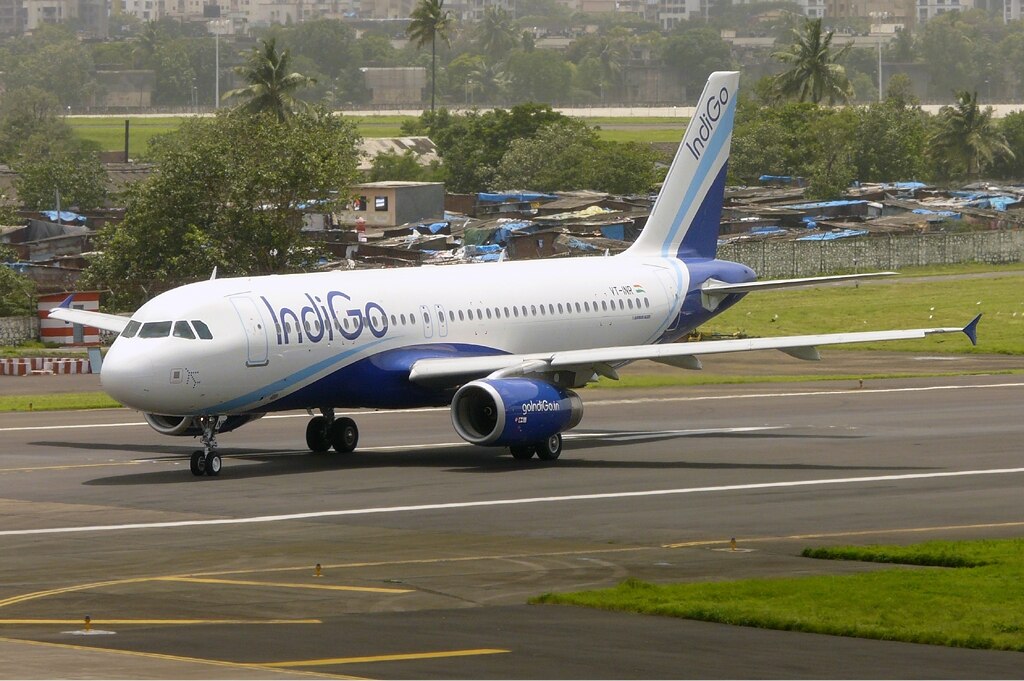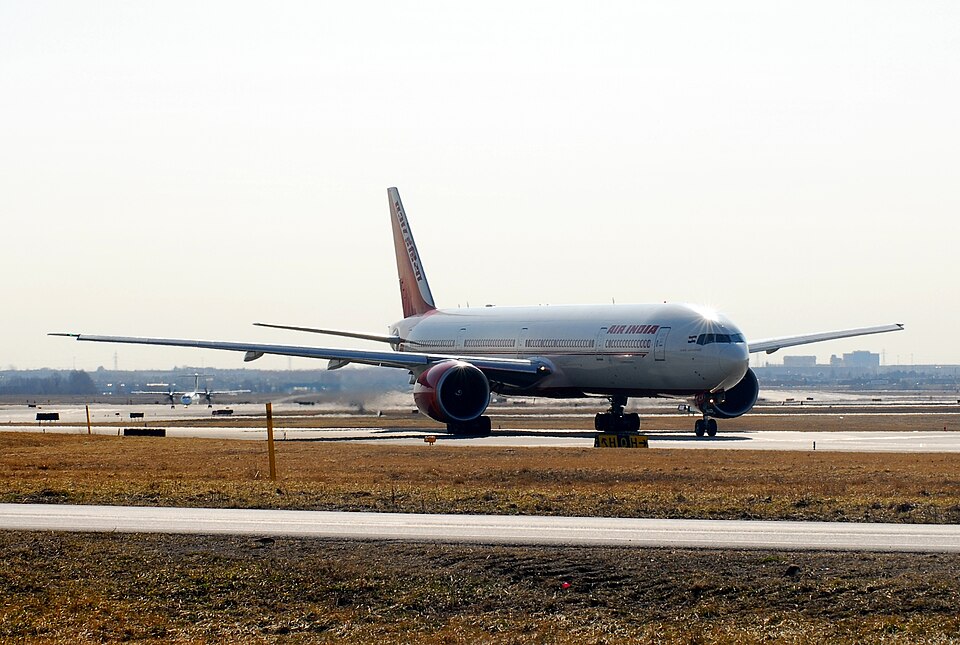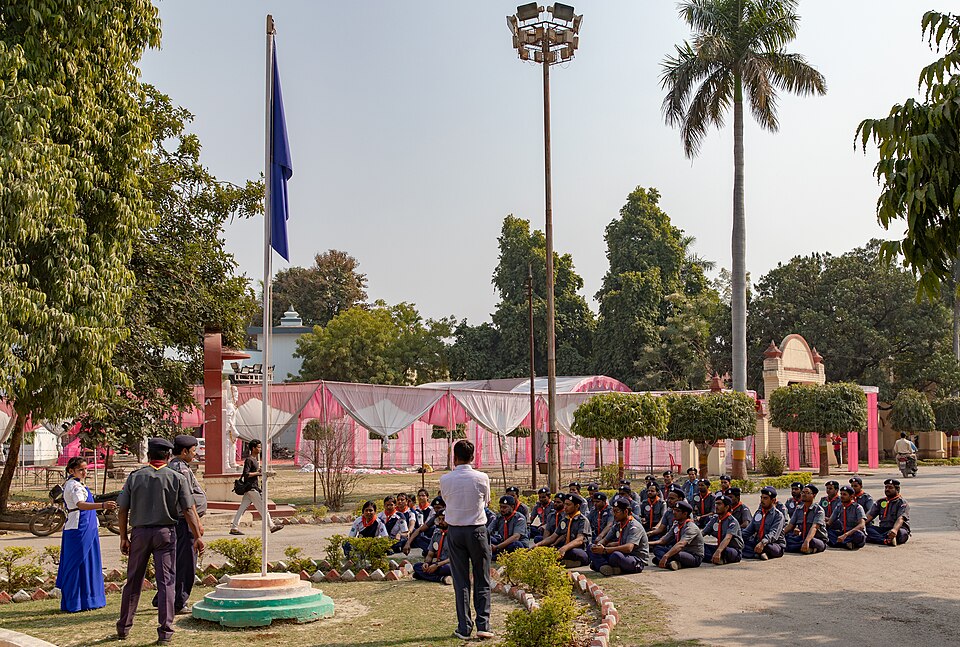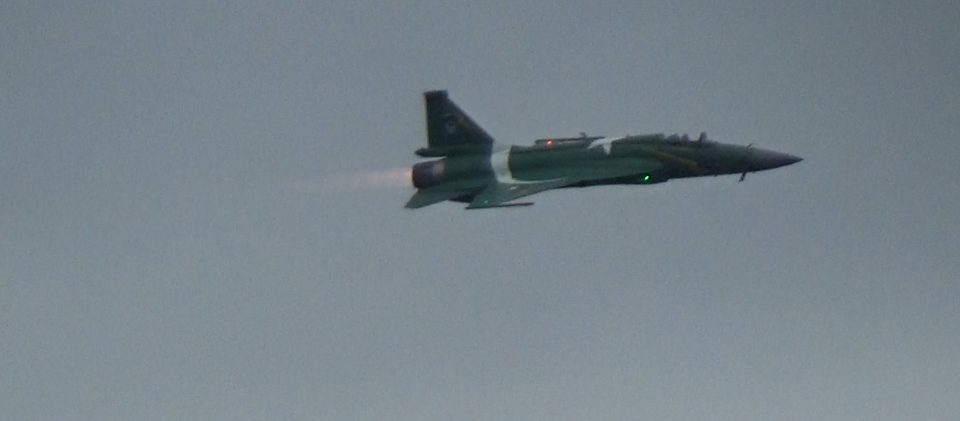Two weeks after the Pahalgam attack that saw twenty-six people killed in the Pahalgam region, India launched “Operation Sindoor”, which “targeted key strongholds of Jaish-e-Mohammed in Bahawalpur and Lashkar-e-Taiba in Muridke, among others.” Two of these organizations are “terror camps in Pakistan and Pakistan-occupied Kashmir”, claimed the Economic Times.

Photo: Sean d’Silva| Wikimedia Commons
While the aviation between the two nations had already come to a standstill after Pakistan and India barred each other from their respective airspaces following the Pahalgam attack, Operation Sindoor has led to hundreds of flight cancellations in India.
Operation Sindoor and India – Pakistan Airspace Standoff: Who gets hurt more?
The Biggest carriers in India have suffered the most
Indigo, the largest carrier in the nation said that it saw more than a hundred flights cancelled across the nation after Operation Sindoor. This budget carrier in India said that all passengers who were affected can either reschedule or request a refund:
“Due to government notification on airspace restrictions, over 165 IndiGo flights from multiple airports (Amritsar, Bikaner, Chandigarh, Dharamshala, Gwalior, Jammu, Jodhpur, Kishangarh, Leh, Rajkot, and Srinagar) are cancelled until 0529 hrs. IST of 10 May, 2025.”
Timeline and Investigation: How Indigo Became India’s Largest Airline?
Air India, the flag carrier of India, and an airline whose history traces back to before India had even shrugged off the rule of the British regime, also expressed a similar policy as the one adopted by IndiGo: it would offer either full refunds for cancellations or one-time waivers on rebooking fees:
“Flights to and from Jammu, Srinagar, Leh, Jodhpur, Amritsar, Bhuj, Jamnagar, Chandigarh, and Rajkot are being cancelled till 0529 hrs IST on 10 May,”
According to the Indian Express, the airports that have been closed until further notice include:
- Amritsar (ATQ)
- Chandigarh (IXC)
- Dharamshala (DHM)
- Jammu (IXJ)
- Leh (IXL)
- Srinagar (SXR)

Photo: Lord of the Wings© | Wikimedia Commons
SpiceJet also said that its flights operated in these airports would be affected:
“Due to the ongoing situation, airports in parts of northern India, including Dharamshala (DHM), Leh (IXL), Jammu (IXJ), Srinagar (SXR), and Amritsar (ATQ), are closed until further notice. Departures, arrivals, and consequential flights may be impacted.”
A brief on the official statement of the Ministry of External Affairs
The killing of 26 civilians (one of whom was of Nepali origin) in the Pahalgam attack left Kashmir’s tourism industry reeling as a day after the attack Kashmir’s shops shut down. Kashmir was going through a revival as this hotly contested territory where the absence of a plebiscite (to determine whether it wants to be a part of India, or Pakistan, or wants to be a free state) for decades has resulted in a lot of violence.

Photo: Ninara | Wikimedia Commons
In 2019, Kashmir was rocked by the Pulwama attack but recuperated in the past few years, with a rise in the number of tourists visiting the state. However, the Pahalgam attack and Operation Sindoor that followed has meant that Kashmir’s rise to normalcy and a state of economic prosperity has been pushed back.
An excerpt of India’s foreign secretary’s statement on Operation Sindoor read:
“ A group calling itself The Resistance Front (TRF) has claimed responsibility for the attack. This group is a front for the UN-proscribed Pakistani terrorist group, Lashkar-e-Taiba. It is notable that India had given inputs about the TRF in the half-yearly report to the Monitoring Team of the UN’s 1267 Sanctions Committee in May and November 2024, bringing out its role as a cover for Pakistan-based terrorist groups. Earlier too, in December 2023, India had informed the monitoring team about LeT and Jaish-e-Mohammad operating through small terror groups such as the TRF. Pakistan’s pressure to remove references to TRF in the April 25 UN Security Council Press Statement is notable in this regard.”
Pakistan has denied any involvement in the Pahalgam attack and the nation’s Prime Prime Minister Shehbaz Sharif, was quoted in the BBC (following Operation Sindoor) as having said that “heinous act of aggression will not go unpunished“. Pakistan has claimed to have shot down five Indian aircraft and a drone. Wreckage of unknown aircraft have been discovered in Pulwama in Kashmir. IndiaTVNews claimed that India had shot down Pakistan’s JF-17 fighter jet as the aircraft was trying to intrude into Indian airspace.

Photo: KrzywoProsto | Wikimedia Commons
Bottom Line
One fears that the diplomatic relations between India and Pakistan might get down at an all-time low following these developments. What is sure is that the aviation industry in both nations is going to suffer, and as we claimed in our previous article, India’s financial losses (related to aviation) will be much greater as it has a much vibrant aviation industry than Pakistan does. Not only major carriers in India but new players such as Akasa Air have also confirmed cancellations to and from Srinagar.
